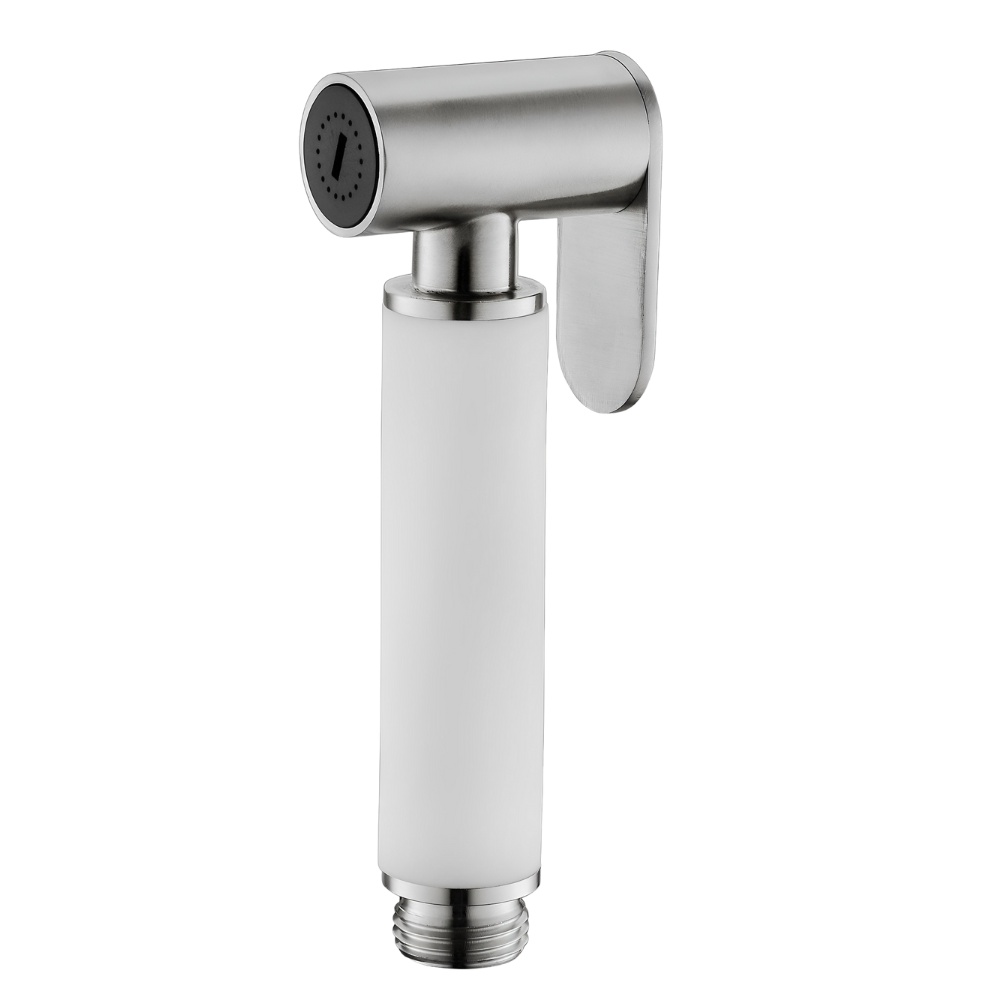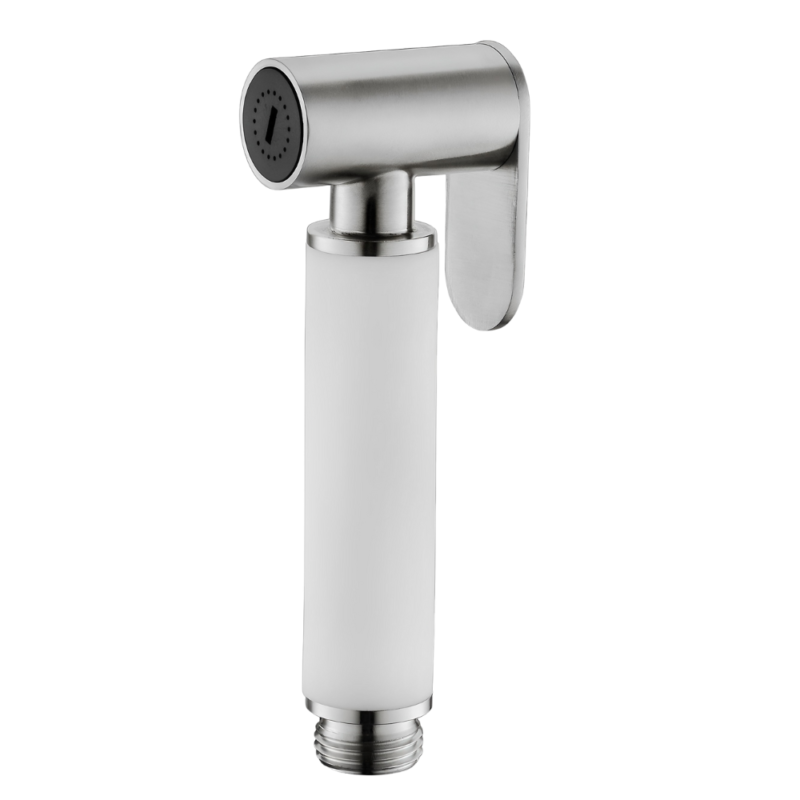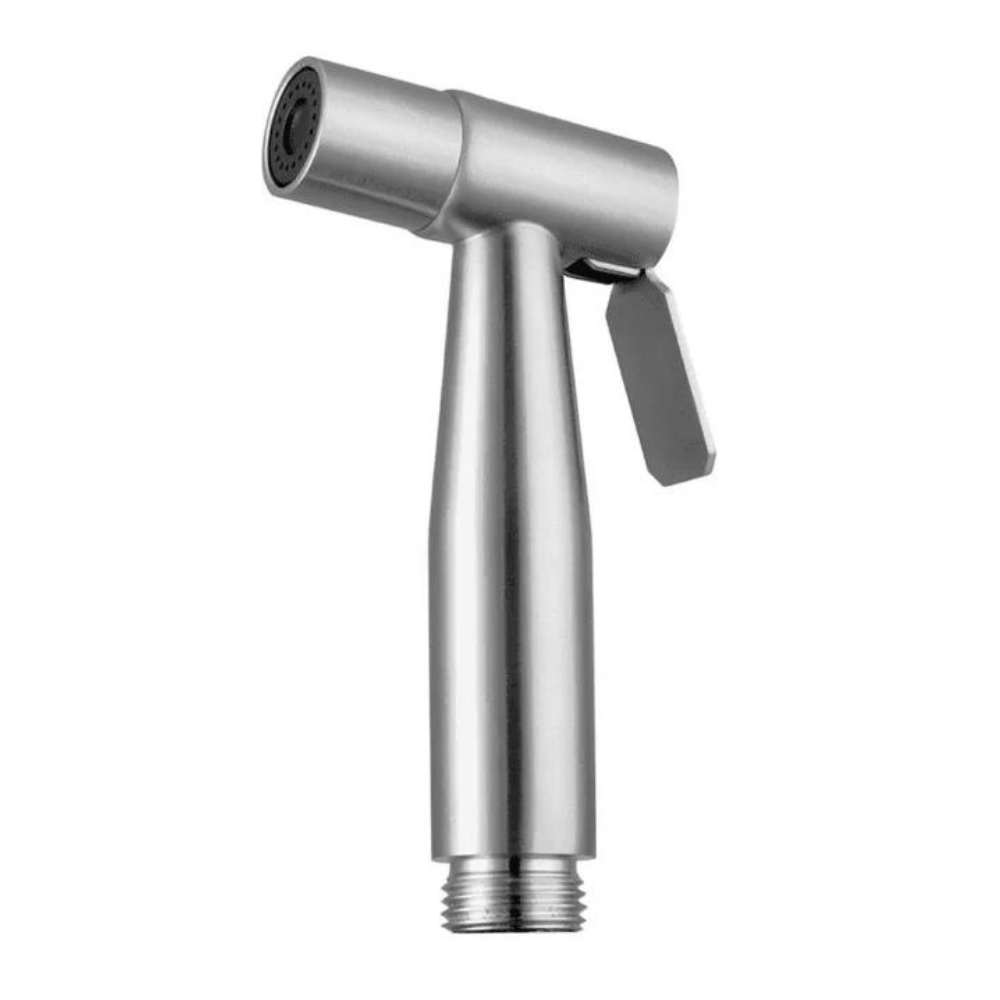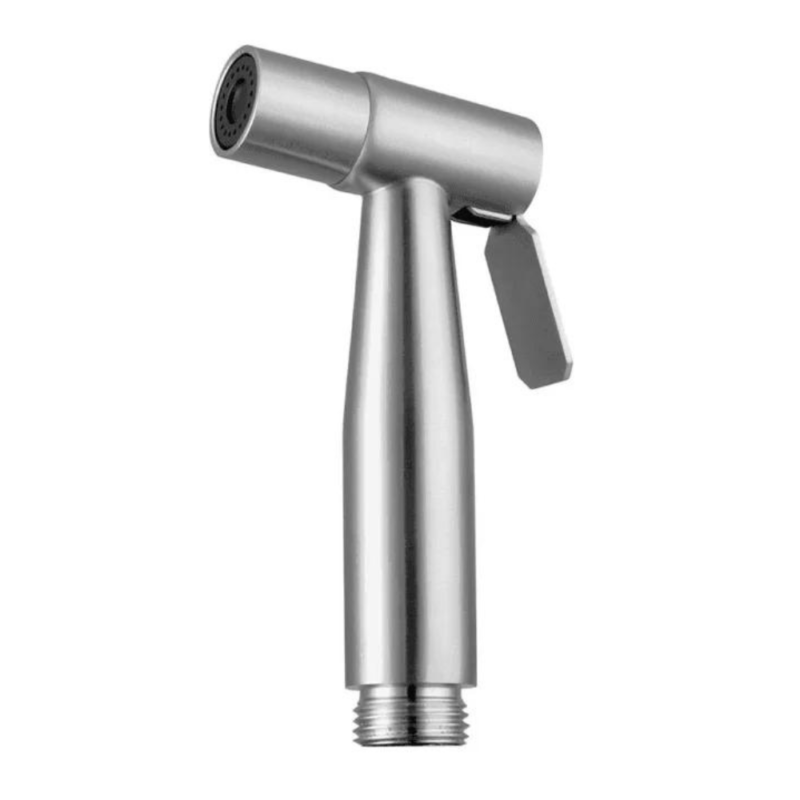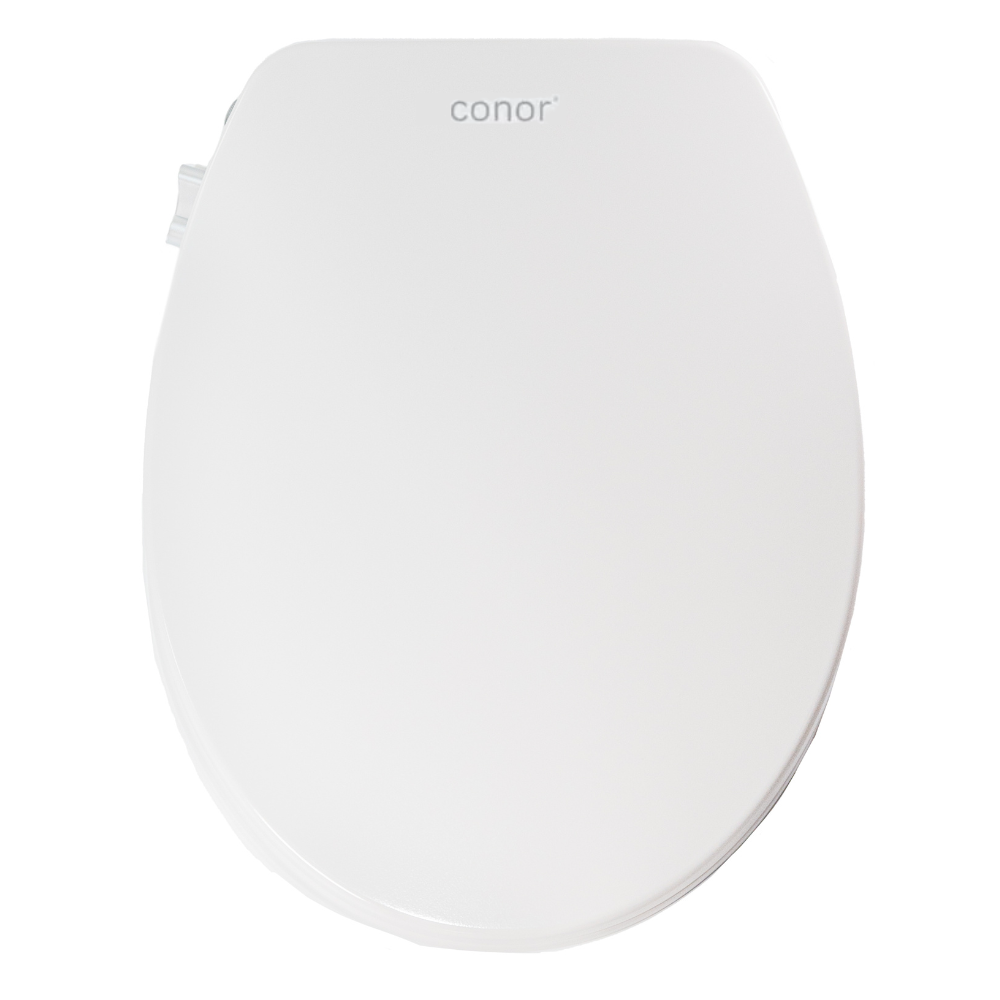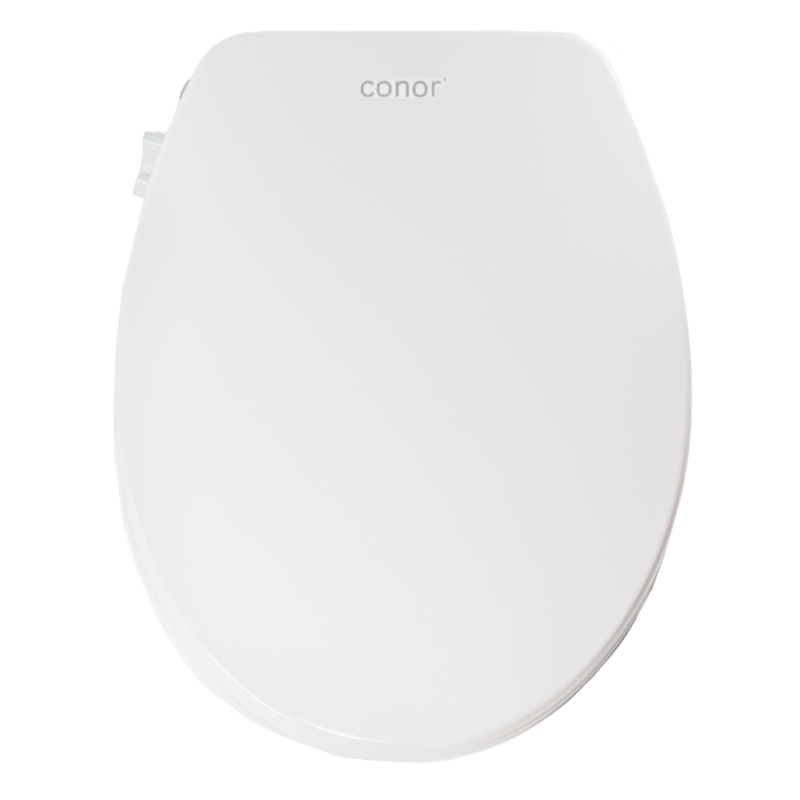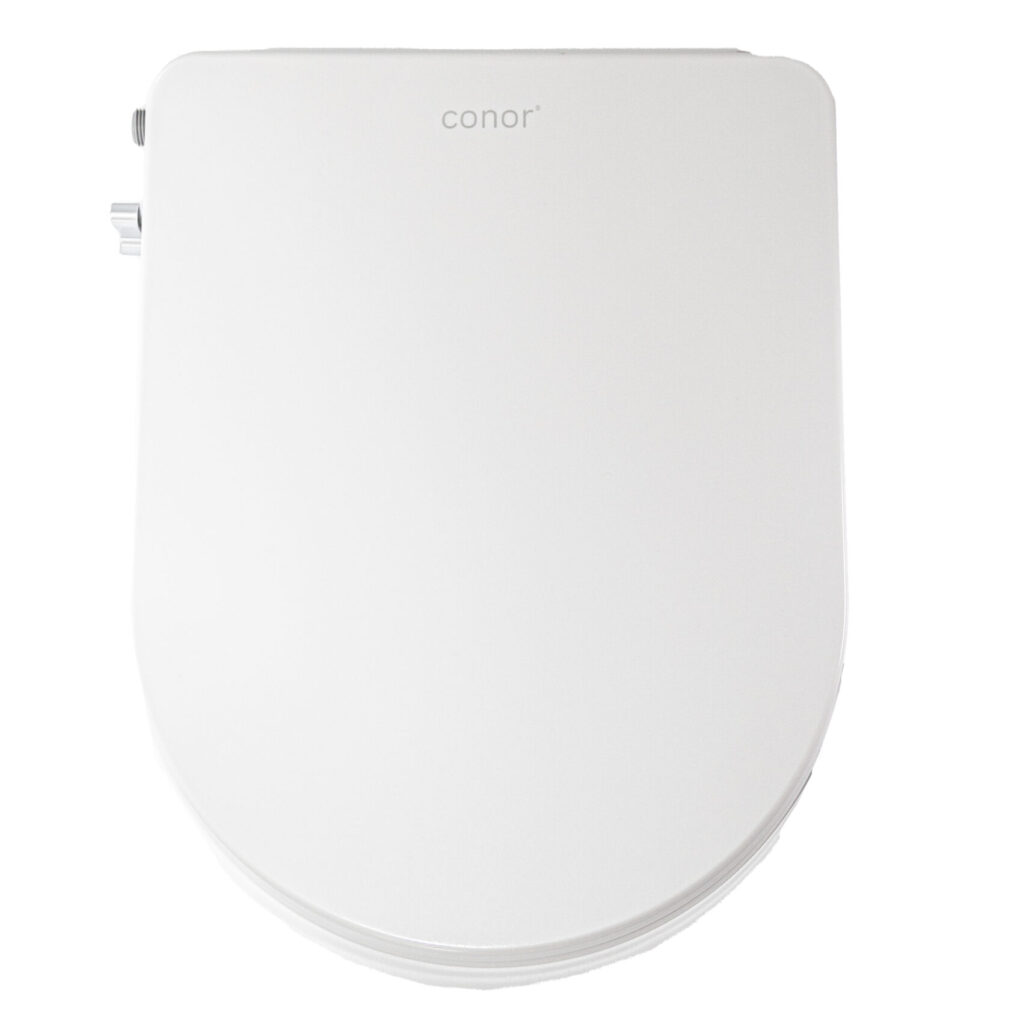-
Sale!
Conor Premium Handheld Bidet Spray with Installation Kit- White
241 reviews$199.00Original price was: $199.00.$99.00Current price is: $99.00. inc. GST ADD TO CART BUY NOW -
Sale!
Conor Premium Handheld Bidet Spray with Installation Kit – Silver
247 reviews$149.00Original price was: $149.00.$99.00Current price is: $99.00. inc. GST ADD TO CART BUY NOW -
Sale!
Conor Premium Bidet Toilet Seat with Installation Kit
326 reviews$219.00Original price was: $219.00.$119.00Current price is: $119.00. inc. GST ADD TO CART BUY NOW -
Sale!
Conor Premium Toilet Bidet Seat with Installation Kit
326 reviews$249.00Original price was: $249.00.$119.00Current price is: $119.00. inc. GST ADD TO CART BUY NOW
History Of Bidet:
Can a Bidet Cause Intestinal Problems? Conor bidet was quite simple. It was like an upgraded wash basin without a spray, and people used it by squatting over it That’s why it’s called a bidet, named after a small, stocky horse breed , this fancy bathroom accessory eventually became available to the working class after a few changes. With the shift to indoor plumbing, bidets transformed into small sinks. By World War II, bidets had spread to different parts of the world, including Europe, the Middle East, Asia, and South America.
What’s Bidet is best for Butt
Maintaining a healthy and strong butt, And There are some points are as follows:-
Exercise:
Regular physical activity is essential for strengthening and toning the gluteus maximus, gluteus medius, and gluteus minimus muscles, which form the foundation of the butt. Engaging in exercises like squats, lunges, deadlifts, and hip thrusts can effectively target these muscles and improve their strength, size, and endurance.
Nutrition:
A balanced diet plays a vital role in providing the necessary nutrients for muscle growth and repair. Then Focus on consuming adequate protein, which is the building block of muscle tissue. Additionally, They include whole grains, fruits, vegetables, and healthy fats to support overall health and metabolism.
Hydration:
Proper hydration is crucial for all bodily functions, including muscle maintenance. Aim to drink plenty of water throughout the day to keep your muscles hydrated and functioning optimally.
Rest and Recovery:
Adequate rest and recovery are essential for muscle growth and repair. Allow your muscles sufficient time to recover between workouts to prevent overtraining and promote muscle growth.
Posture:
Maintaining good posture can help prevent strain on the lower back and promote proper alignment of the gluteal muscles. To Engage your core muscles, keep your shoulders back, and avoid slouching to maintain proper posture throughout the day.
Body Fat Management:
While some body fat around the buttocks is natural, excessive body fat can detract from the definition and shape of the butt. Aim to maintain a healthy body fat percentage through a combination of exercise and a balanced diet.
Consultation with a Healthcare Professional:
If you have any concerns or underlying health conditions, consult with a healthcare professional before starting any new exercise program or making significant changes to your diet. They can provide personalized guidance and ensure your approach aligns with your overall health status.
What are the intestinal problems Facing for using a bidet?
While bidets are generally considered to be a hygienic and beneficial addition to a bathroom, there are some potential intestinal problems that can be associated with their use.
- Anal Pruritus: Excessive or vigorous use of the bidet can irritate the delicate skin around the anus, leading to itching and discomfort known as anal pruritus. This irritation can be exacerbated by using harsh soaps or detergents on the bidet nozzle.
- Dyssynergic Defecation: High-pressure bidet jets can sometimes cause reflex contractions of the anal sphincter, which is the muscle that controls the release of stool. This can lead to dyssynergic defecation, a condition in which the anal sphincter does not relax properly during bowel movements, making it difficult to pass stool completely.
- Hemorrhoids: Prolonged or forceful use of the bidet can put strain on the anal veins, increasing the risk of developing hemorrhoids, which are swollen and inflamed veins in the rectum or anus.
- Skin Infections: Improper cleaning of the bidet nozzle can lead to the accumulation of bacteria, which can cause skin infections in the anal area.
To minimize the risk of these intestinal problems, it is important to use the bidet responsibly and with proper hygiene practices. Here are some tips for safe and effective bidet use:
- To Use the bidet at a comfortable water temperature and pressure.
- Avoid using harsh soaps or detergents on the bidet nozzle.
- Clean the bidet nozzle regularly with mild soap and water.
- Use a towel to gently pat the area dry after using the bidet.
- If you experience any discomfort or irritation after using the bidet, consult with a healthcare professional.
Conclusion : Can a bidet cause intestinal problems?
Finally, While bidets offer several benefits for personal hygiene and comfort, excessive or improper use can lead to intestinal problems such as anal pruritus, dyssynergic defecation, hemorrhoids, and skin infections. To minimize these risks, it is equally important to use the bidet responsibly, maintain proper hygiene practices, and Then avoid using harsh soaps or detergents on the bidet nozzle. If you experience any discomfort or irritation after using the bidet, consult with a healthcare professional for guidance.
FAQS : Can a bidet cause intestinal problems?
Can bidet use cause anal itching or irritation?
Yes, excessive or vigorous use of the bidet, particularly with harsh soaps or detergents, can irritate the delicate skin around the anus, leading to itching and discomfort known as anal pruritus.
Can bidets interfere with bowel movements?
High-pressure bidet jets can sometimes cause involuntary contractions of the anal sphincter, the muscle that controls stool release. This can lead to dyssynergic defecation, a condition where the anal sphincter doesn’t relax properly during bowel movements, making it difficult to pass stool completely.
Can bidet use aggravate hemorrhoids?
Prolonged or forceful use of the bidet can put strain on the anal veins, increasing the risk of developing hemorrhoids, which are swollen and inflamed veins in the rectum or anus.
Can bidet nozzles harbor bacteria that cause infections?
Improper cleaning of the bidet nozzle can lead to the accumulation of bacteria, which can cause skin infections in the anal area. It’s crucial to clean the nozzle regularly with mild soap and water.
How can I safely use a bidet to avoid intestinal problems?
Use the bidet at a comfortable water temperature and pressure. Avoid using harsh soaps or detergents on the nozzle. Clean the bidet Spray nozzle regularly with mild soap and water. Use a towel to gently pat the area dry after using the bidet. If you experience any discomfort or irritation after using the bidet, consult with a healthcare professional.






